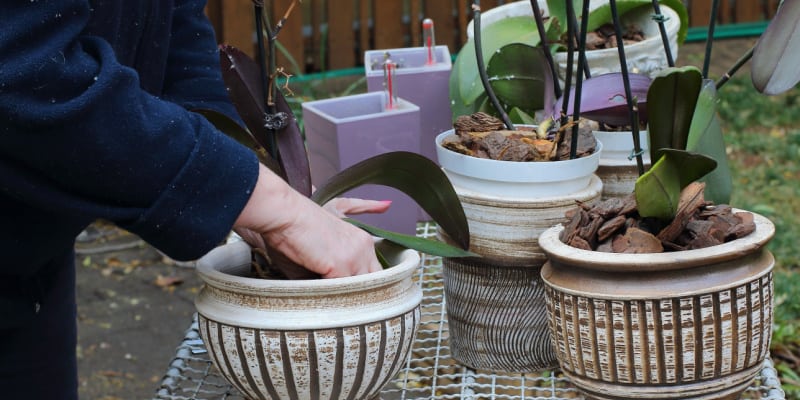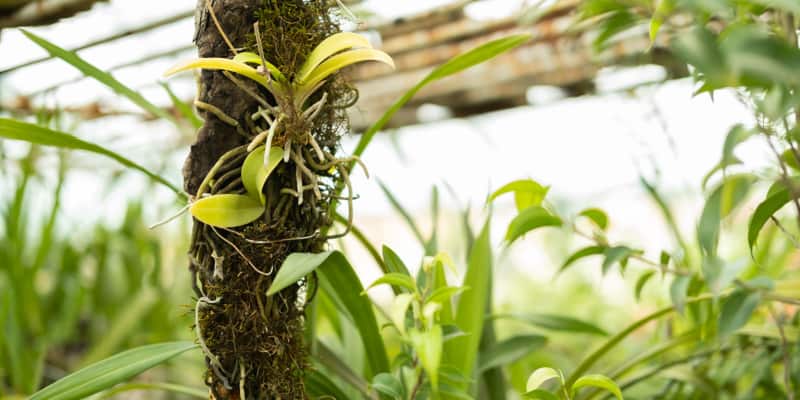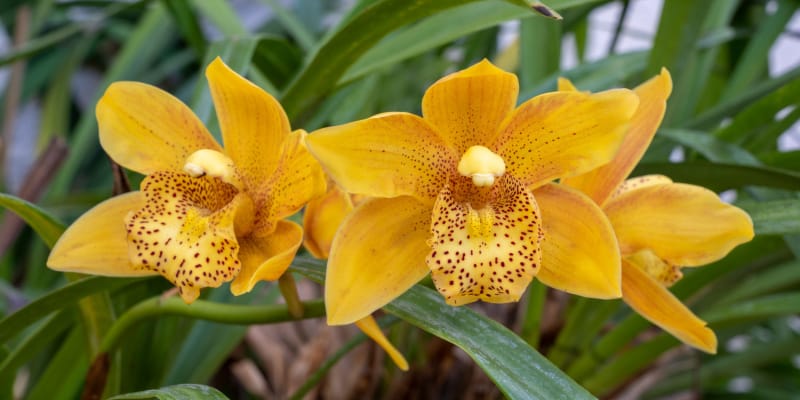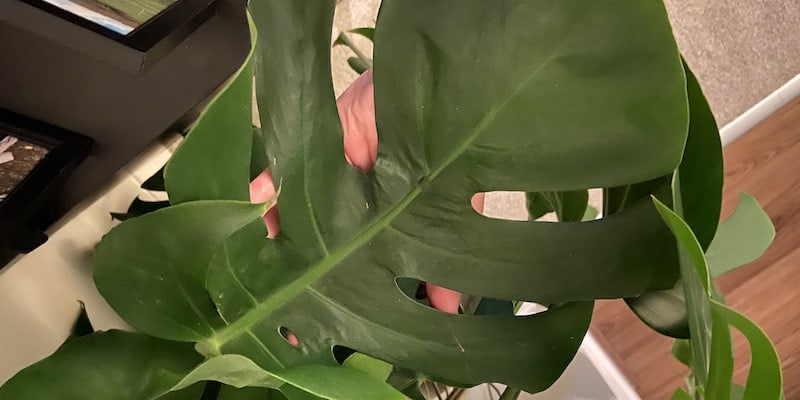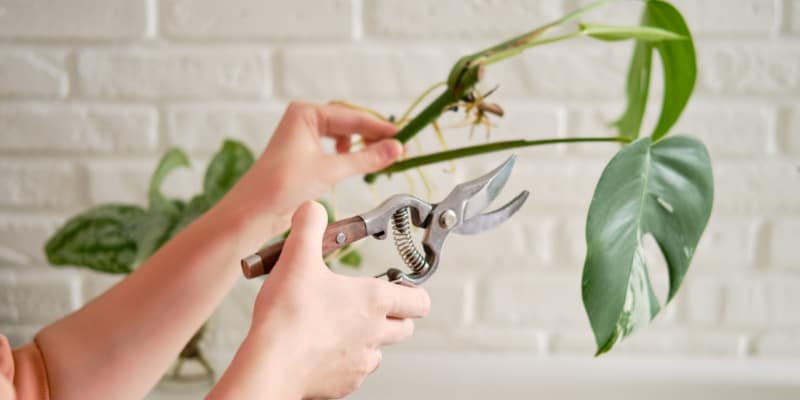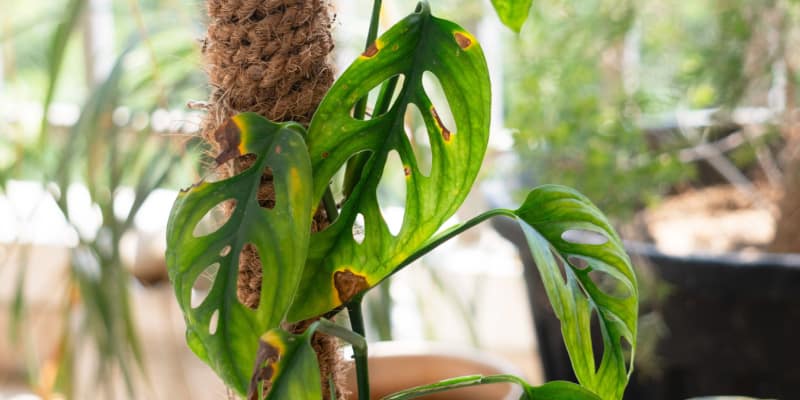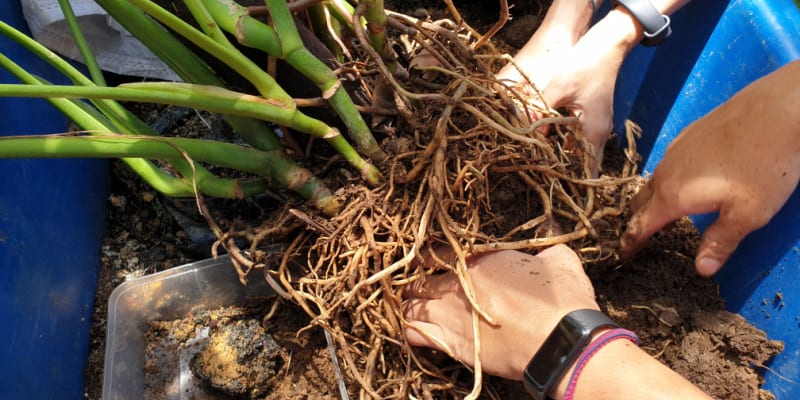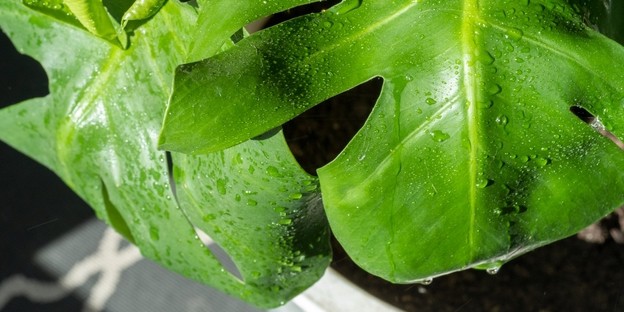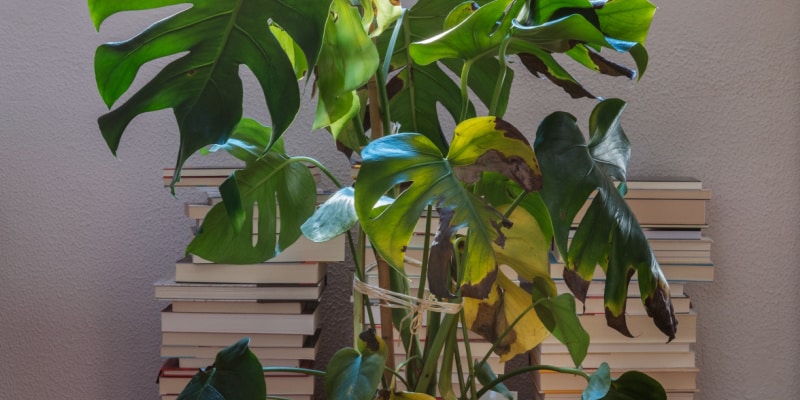How to repot a cymbidium orchid – step by step guide
I recently did a guide on how grow cymbidium orchids on wood like you do air plants. However, I also like to grow them in pots. If you also want to grow them in pots, it is also necessary to repot cymbidium orchids if the plant becomes too large for its container or if you haven’t changed the soil mix in two or more years. This is not a difficult task, and here’s a step-by-step guide to repotting the plant….
